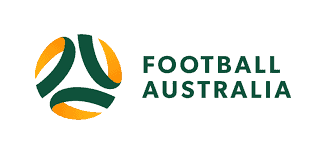Football is the sport that unites all and is called the world game for a reason and, whilst it may be the youngest club in the region, the newly formed Yarabi FC is already setting the tone when it comes to club inclusivity.
Primarily located in the Gungahlin region, the most diverse area in the ACT, club president Logan Hareb says that the idea for the club came about from a group of players wanting to build a club where everyone feels like they belong.
“The idea of forming a new club came about from a group of community players, that wanted to build a club that dedicated it’s time and effort to making football more enjoyable for community players and more accessible for community players,” Hareb said.
“We also just want to make sure that we can develop a community sense where everyone feels like they belong at the club.”
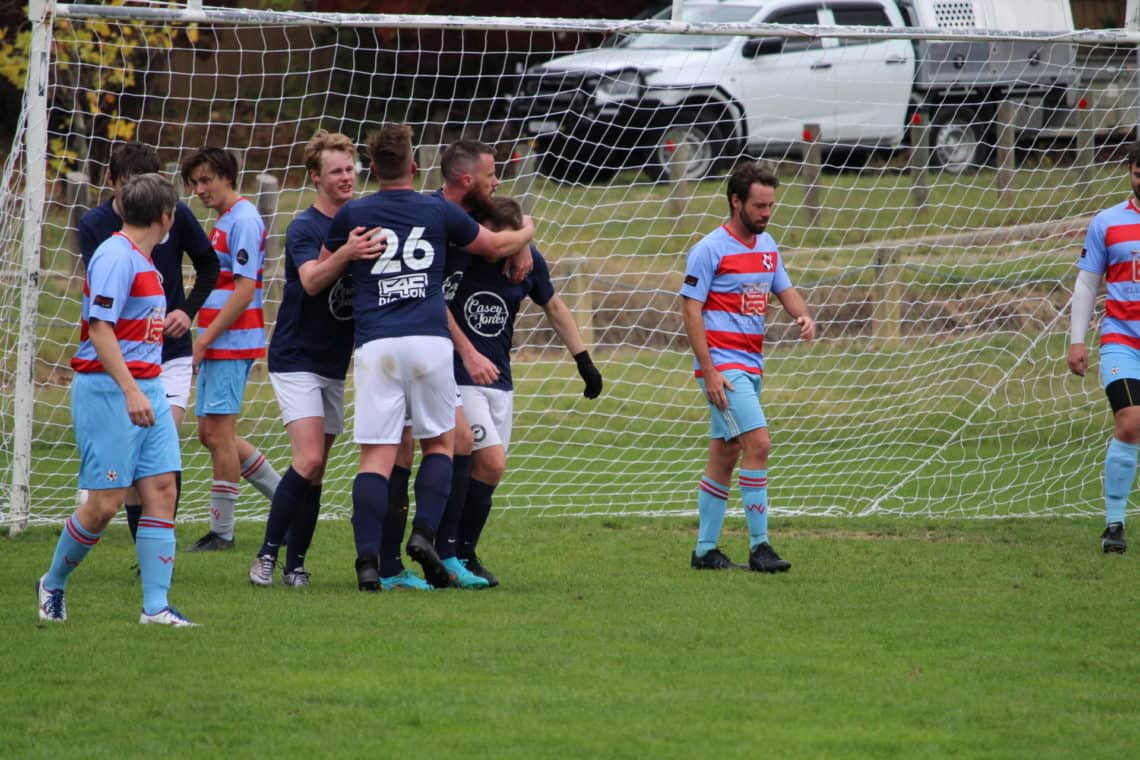
Anthony Pages, who leads the clubs Cultural Awareness strategies, stated that one of the key aspects that the club looked at when it was in its formation period, was looking at the diversity of the region that they are in.
Pages said that the club wanted to be one that practiced what it was preaching in the inclusion space, as opposed to just having it on the brochure.
“Being in the Gungahlin area, not many people know but it’s the most diverse region in the ACT, the proportion of non-English households in the ACT is actually ten percent higher in Gungahlin,” said Pages.
“We thought that football is a sport that unites all different cultures around the world, pretty much every country plays football.
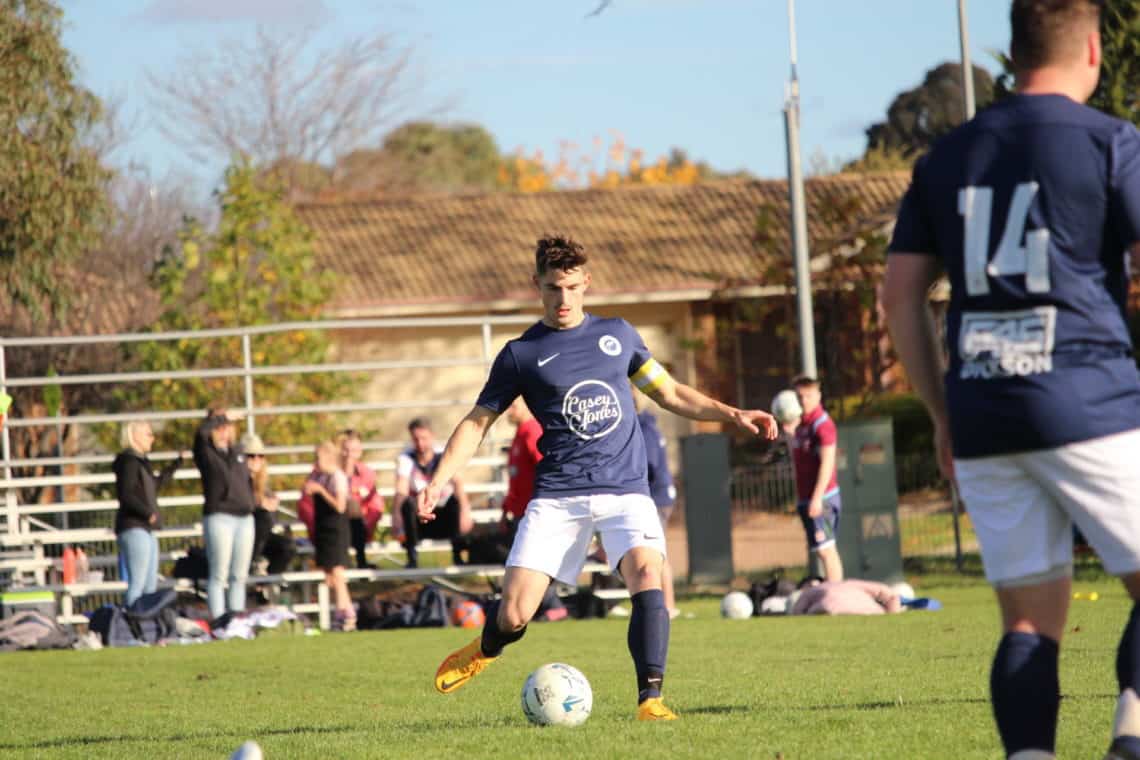
“We thought that recognising culture, not just welcoming, but promoting it and celebrating differences, both in languages and in cultural aspects would be a key aspect of the club that would be unique.
“At the time we thought let’s have a football club that doesn’t just have the word inclusion on the brochure, but actually practice what it preaches.”
There’s a vast and eclectic mix within the club and Pages estimates there to be 34 different languages spoken across the five teams.
“One thing that we do for the club to make sure we celebrate various cultures is we keep a database of the various languages and ethnicities that we have in the club,” he revealed.
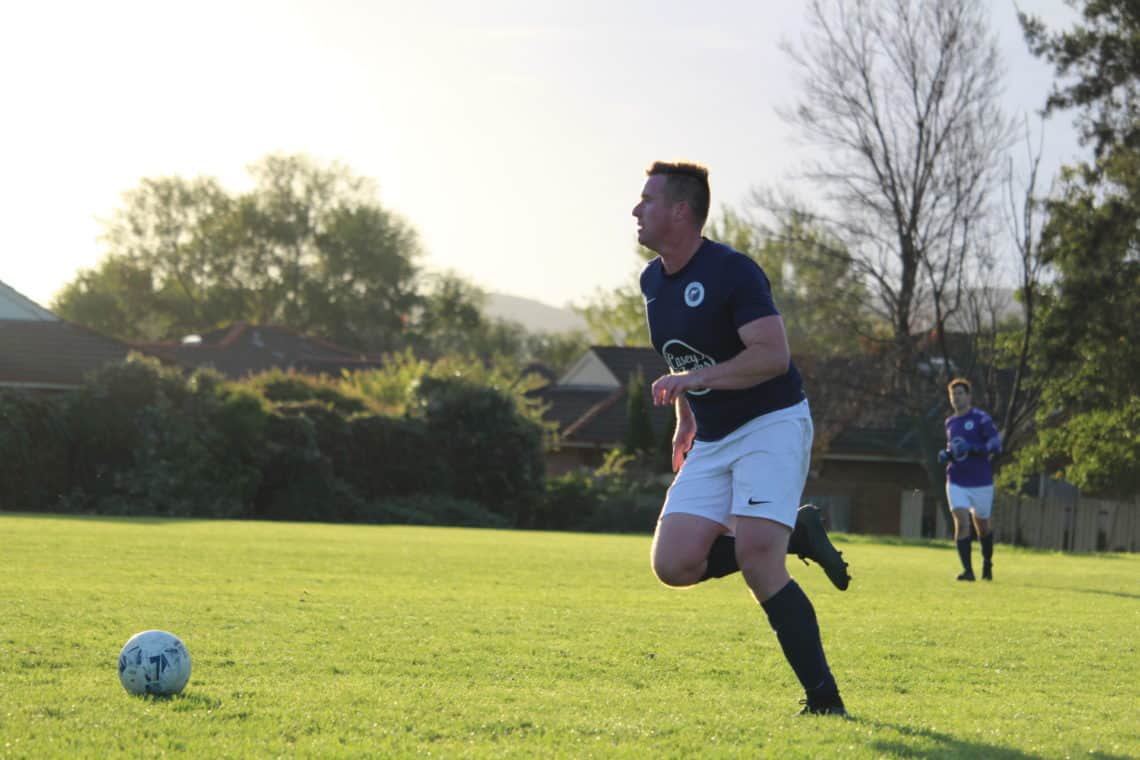
“Even though we only have five teams in the club, we have about 34 languages spoken, and we have big plans to celebrate that throughout the year through events and various shoutouts on social media.”
Before landing on a name, the club went out and spoke to Ngunawal elders. Yarabi (pronounced as Yarra-bee) is the updated, traditional representation that many people would know as ‘Yerrabi’ and means ‘to walk’.
“One thing on the culture that we were very keen on is, because we are in the Yarabi region, we checked with and consulted with the Ngunawal elders to make sure that we had the permission to use the Yarabi name,” Pages said.
“Everything we do throughout the club we try to be super respectful for culture. We had a talk with all the players at the start of the season to make sure that they understand the impact of casual banter and how to be culturally aware. We keep practicing that in all the teams.”
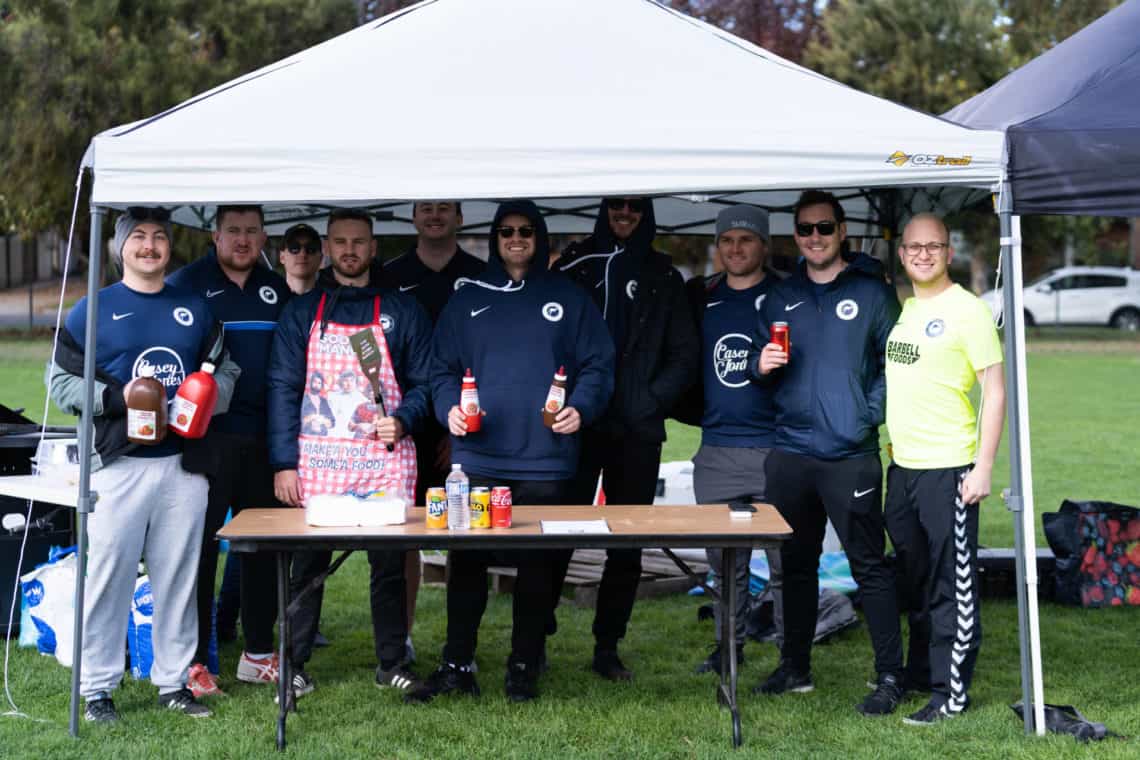
One aspect of the club’s inclusivity is making sure that, when they do introduce women’s, masters, and juniors into the club, they have the structure to do so, and can make them feel supported and included from the start.
“The five-year plan, or what we hope to achieve in the next five years, is to build a close community, and to hopefully have a women’s, masters, and then eventually a juniors set up as well,” said Hareb.
“Ideally, we would have a structure in place so that when those three different sections come in, we make sure that we are set in a way that they can just come straight into the club and feel like they can instantly be part of the community.”
A key aspect of the club was to make sure that rather than being competitive from the start, the objective would be to make everyone feel welcome and bring people together.
“I think one aspect is that the aim was, at the start not to form a very competitive club, if the results come then great, but the objective is to bring people together,” said Pages.
“We don’t want to start a women’s team just for the sake of it, we could have had one women’s team this year, but the reality is that we want to make sure we have all the right structure in place so that when they come, the club is ready to host that and it’s a proper strength.”
Words: Declan Smith


